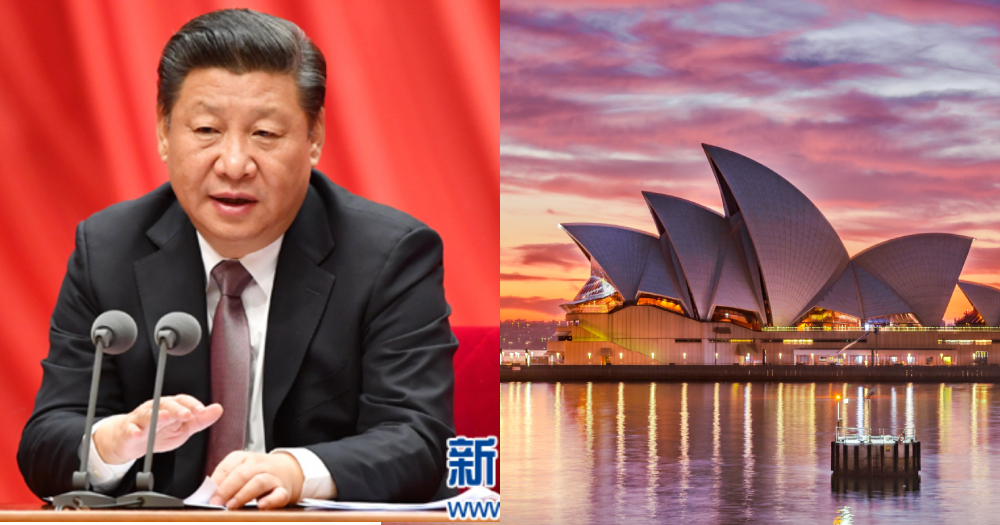China has imposed an import ban on four Australian abattoirs.
It is the latest in a series of moves signalling escalating tension between the two nations, according to The Age.
China threatened tariffs on Australian goods
Two days prior (May 10), ABC News reported that China had threatened to impose an 80 per cent tariff on exports of Australian barley, which totalled A$600 million (S$551 million) in 2019.
The relationship between Beijing and Canberra has been strained due to the Covid-19 pandemic, with Australian Prime Minister Scott Morrison expected to push for a probe into the virus's origins later this week at the World Health Assembly, the forum of the World Health Organization (WHO).
According to The Age, China's ambassador to Australia Cheng Jingye said in April that Morrison's push for the inquiry was "dangerous".
Cheng warned that Chinese consumers, fuelled by nationalistic pride, could react with a boycott of Australian goods.
"Highly technical issues"
The four suspended abattoirs represent 35 per cent of Australian beef exports to China, according to ABC News.
Beef trade between Australia and China had been set to hit A$3.5 billion (S$3.2 billion) this year.
In a statement, Australian Trade Minister Simon Birmingham expressed his concern that the suspensions appeared to be based on "highly technical issues".
ABC News reported that it related to labelling and health certification requirements.
The Trade Minister said he would work with industry and authorities in both countries to help the abattoirs to resume normal operations.
Birmingham also argued that changes to trade arrangements should not be influenced by Australia's lobbying for an investigation into Covid-19.
"We certainly don't see any relationship, and we would expect that no other counterpart country should see a relationship between those factors either," he is quoted as saying.
Allegations against Australian agricultural goods
China's threat tariffs on Australian barley came after anti-dumping investigations into Australian grain imports that began in 2010, reported The Age.
It is alleged that Australian farmers were producing barley at a lower price than its "normal" level over several years, undermining Chinese producers.
Birmingham also rejected these allegations against Australia's barley producers.
A nation dependent on China
Bloomberg has described Australia as the "most China-dependent developed nation", indicating that any breakdown in relations between the countries could severely affect the Australian economy.
According to an ABC News report from 2019, a third of Australia's exports are shipped to China.
In 2017-2018, China was also Australia's largest trading partner contributing more imports and exports than Australia's second and third largest trading partners combined (Japan and the United States).
In the same period, Chinese tourism to Australia was worth more than a quarter of Australia's entire tourism market.
Top image from Xinhua and Keith Zhu via Unsplash
If you like what you read, follow us on Facebook, Instagram, Twitter and Telegram to get the latest updates.
